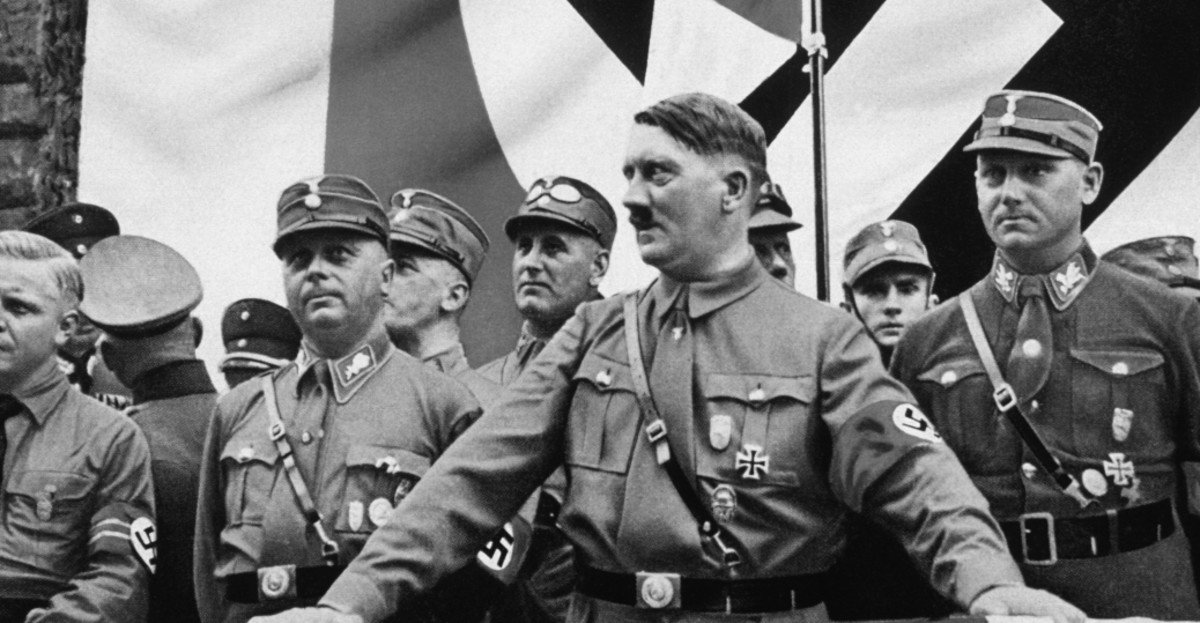
Any devoted reader will always enjoy a good war memoir or biography. This genre is mainly befitted to pull in the readers and give them the writer’s first-person experience views. These books will give a glimpse of the war and its brutality and show us the participants’ struggle to retain their humanity.
World War II brought forth more memoirs and biographies compared to any other twentieth-century conflict. There are so many out there, and choosing what to read first can be a challenge. Here, we compile what we feel and think were some of the best WW2 memoirs.
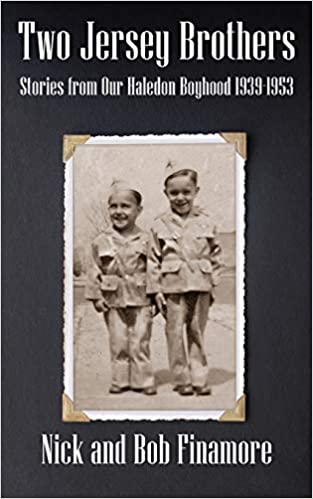
Two Jersey Brothers, by Nicholas and Robert Finamore
Two Jersey Brothers gives the reader a great understanding of what growing in Haledon was like, the 1940s New Jersey, and how a youth’s experiences may be their foundation for growing into an adult. For anyone who grew up in the 1940s and 50s or within Haledon, you will relive the past experiences.
The book recounts the lives of the Finamore brothers, Nick and Bob, in Haledon. Haledon was a small and quiet town in New Jersey during World War II. Nick and Bob’s grandparents had migrated from Fraine and Caserta in Italy and were mill workers of the ‘Silk City” as were their other family members. In this memoir, the two brothers recall the customer service they gave at their family’s vintage Belmont Diner and reflect the values they gained from their relatives- discipline, respect, and hard work.
Two Jersey brothers captured the country’s mood then, is heartwarming and a driver of hope.
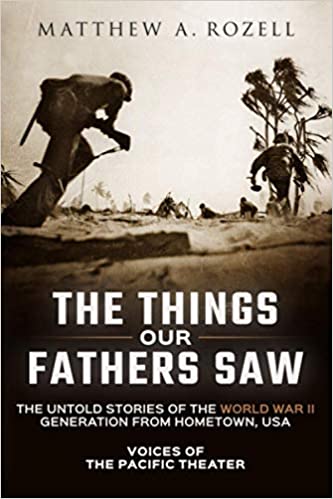
The Things Our Fathers Saw, by Matthew A. Rozell
Dying from freedom is not the worst thing that could happen. Forgetting is. Do we forget too soon, or is it that we were never told? The details of the memories of the Pacific War heroes have been put together in this striking narrative. The book will clearly show you how the WW2 survivors were the ultimate pointers of sacrifice and their dignified silence.
This engaging book profiles a small upstate community in New York in a series of articles that wholesomely and patriotically portray its way of life. After seventy years, a history teacher tracked down the veterans linked to “Hometown, USA.” These veterans fought in the war in Europe in the air and were filled with temper during the Great Depression and deceived in battle.
The teacher obtains details of battle and brotherhood, those of confinement and redemption, and the aftereffect of the war disharmony that scathed the people.
These stories speak to today’s America with the experiences of the vanishing generation.
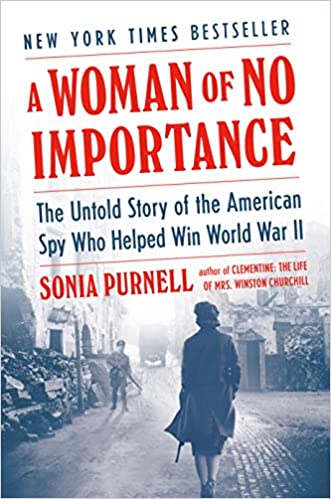
A Woman of No Importance, by Sonia Purnell
This New York Times Bestseller is an amazing story of bravery, resistance, spy craft, and a personal victory over shocking misfortune. This excellent biography reads like a spy thriller, is filled with suspense, heartbreak, but a triumphant tale of many sacrifices.
In 1942, the Gestapo transmitted a very urgent piece of information; “She is the most dangerous of all Allied spies. We must find and destroy her.” Virginia Hall, the spy, is a young woman who faced the Foreign Service rejection based on gender and her prosthetic leg. She managed to get into Churchill’s spy organization.
Sonia Purnell captures the powerful, influential, and overlooked WW2 heroine. Virginia coordinated spies to report on the German troops, blow up bridges, arrange for the Resistance equipment drops, and recruit and train guerilla fighters. Even though she was on the WANTED list and ordered to evacuate, she resisted. Her cover was finally blown, and her partners were locked up and executed. However, she managed to escape into Spain. She later dove back, persistent that she had more lives to save.
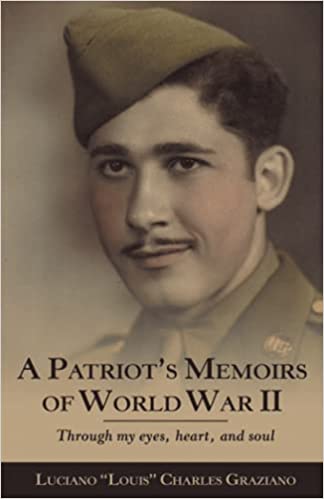
A Patriot’s Memoirs of World War II, by Luciano Louis Charles Graziano
Talk about a hero’s life story. This book is a must-read. It will help you realize the challenges those in World War II faced, the faith they kept, and their courage.
Louis received a letter from his uncle to report to Fort Niagara in 1943. He knew the United States was at war but was unaware of anything else ahead. He did not realize how much his military experience would change his life. This memoir reveals the good, the bad, and the ugly of the war and how Louis led the others by telling his experiences through the use of historical photographs and stories.
This book will reveal to the reader the experiences of World War II for a young soldier. It shows Louis’s trust in God for protection amid his heartbreaking loss and the love he shared with a fellow soldier.
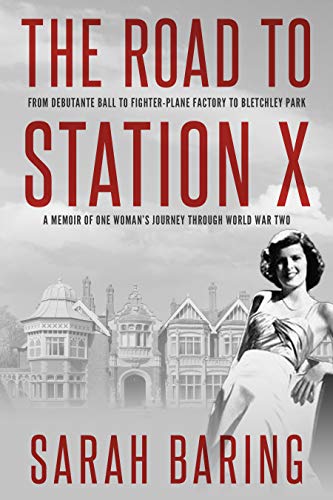
The Road to Station X, by Sarah Baring
This book gives a glimpse of a young woman’s life who moved from being a debutante to a factory employee and later to a worker of the great-minded code-breakers in Bletchley Park. But how did she get into this top-secret world? Moreover, what did she do during her confinement in the Bletchley’s Hut 4 for the British Navy to stay ahead of its enemies?
All this shift was due to the turbulence that came about with the World War II events. She had left her job as a worker for the Vogue Magazine to work as a telephone operator before working in the aircraft factory. After a while, she was requested to leave and got into the intelligence world. She worked in the section that translated the decoded messages for the intelligence, which was said to have shortened the war.
The book reveals the challenges she underwent and even describes how some secrets managed to stay hidden. The book is indeed interesting and has an amazing first-person narrative.
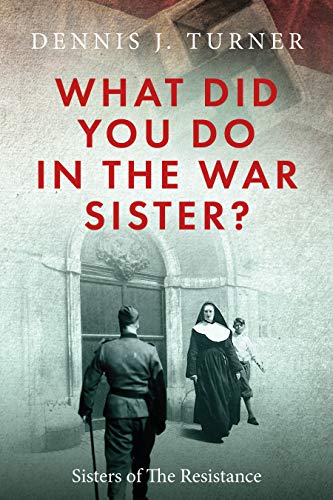
What Did You Do In The War, Sister?, by Dennis J. Turner
This is a fascinating novel about Sister Christina, a nun from Ohio who was stationed in a Belgium Convent during WW2 with her fellow nuns. The novel gives details of the nuns’ activities during the war, their adherence to beliefs, and their provision of help to the people in need. It narrates their strength, abilities, and dedication in accomplishing so much with very little.
The book is based on true events about how the nuns risked their lives as they helped refugees, harbored Jews and American soldiers while enduring food shortages, bombs, and the threat of being discovered. As you picture Sister Christina’s difficult decisions and actions, in the possibility of death, you will truly be inspired.
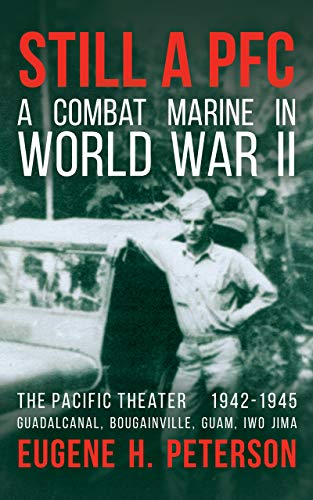
Still a PFC, by Eugene H. Peterson
For any history or WW2 enthusiasts that want to know more, this book is the real deal. It is riveting and very readable. It will grab your attention, and you will hold on to it. Still a PFC gives you an account of WW2 in the Pacific from a marine corps’ perspective. It gives an overview of his feelings, reactions, survival to the trying times, and his work during the war.
Being a telephone lineman, he was at an advantage. Also, he saw more of the combat than the others as he and fellow men moved to keep the telephones working and remain in constant communication with the artillery and infantry. He narrates how to retain their sanity, they focused on moving on and chose not to dwell on the past with hope for the days to come.
Written by someone who lived the WW2 history, this is a truly special book.
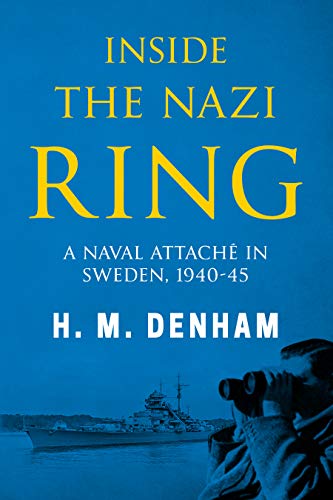
Inside the Nazi Ring, by H. M. Denham
Inside the Nazi Ring is a great first-hand account of what being a naval attaché was like during the war. It depicts his intelligence gathering and the diplomatic maneuvers for the British about the Nazi activities in Norway, the North Sea, and Sweden. He had to deal with informants who could or could not be trusted.
The author reveals the routes taken by the personnel as they traveled to Sweden, with the most interesting one being the one taken by an official from London to Stockholm through Cape Town. However, his intelligence gathering was a success despite the Swedish government’s want for his expulsion, the trials into not giving in to the Nazi demands, and his effort not to provoke the British.
The unusual take is what makes this book a unique masterpiece. You will totally enjoy the excellent detailing.
Conclusion
World War II is over, but it still remains an essential component of our history due to its effect on people’s lives and countries. With WW2 memoirs and biographies, readers can appreciate those involved in the war. They can think about the casualties, the ones that died, and appreciate some of the decisions and actions.
